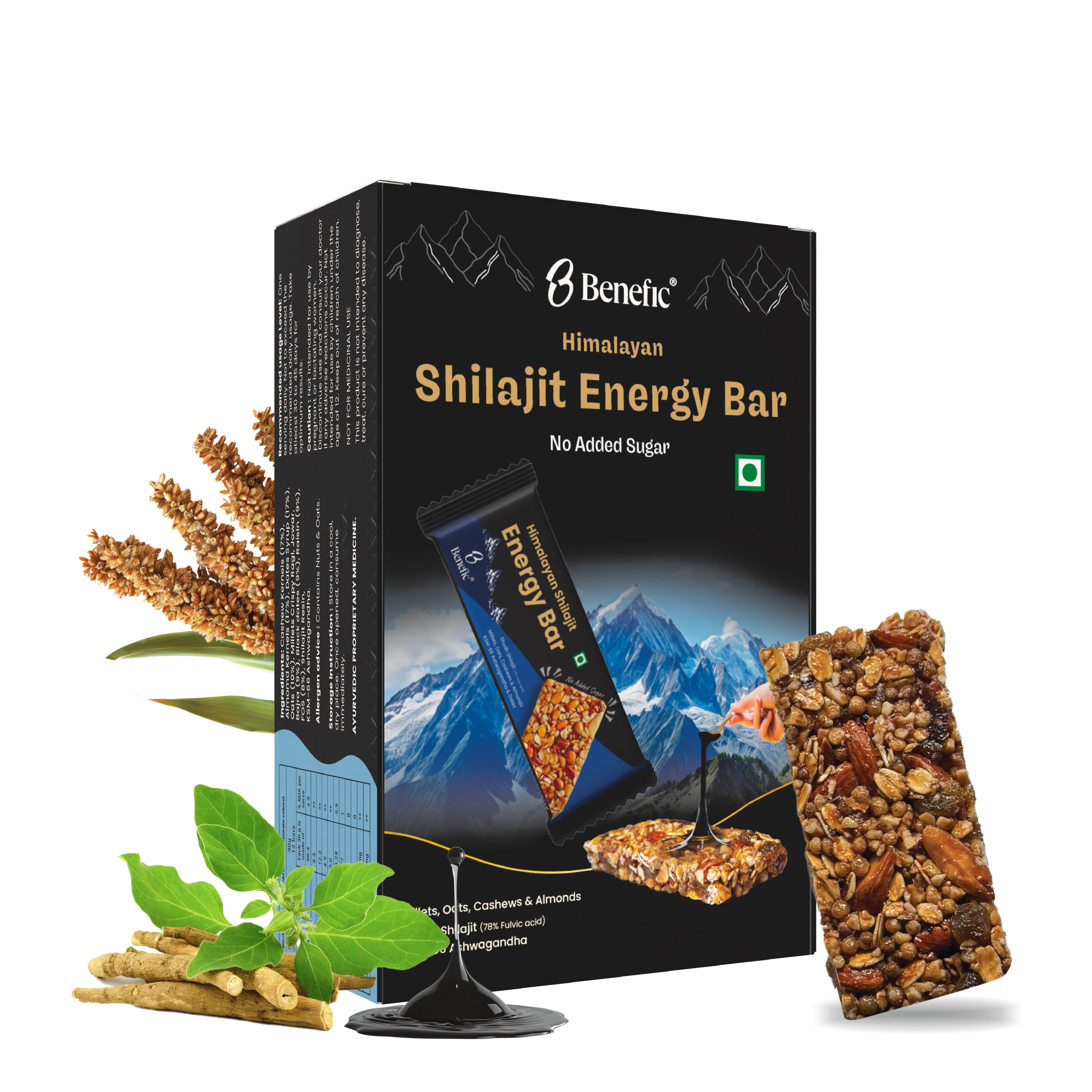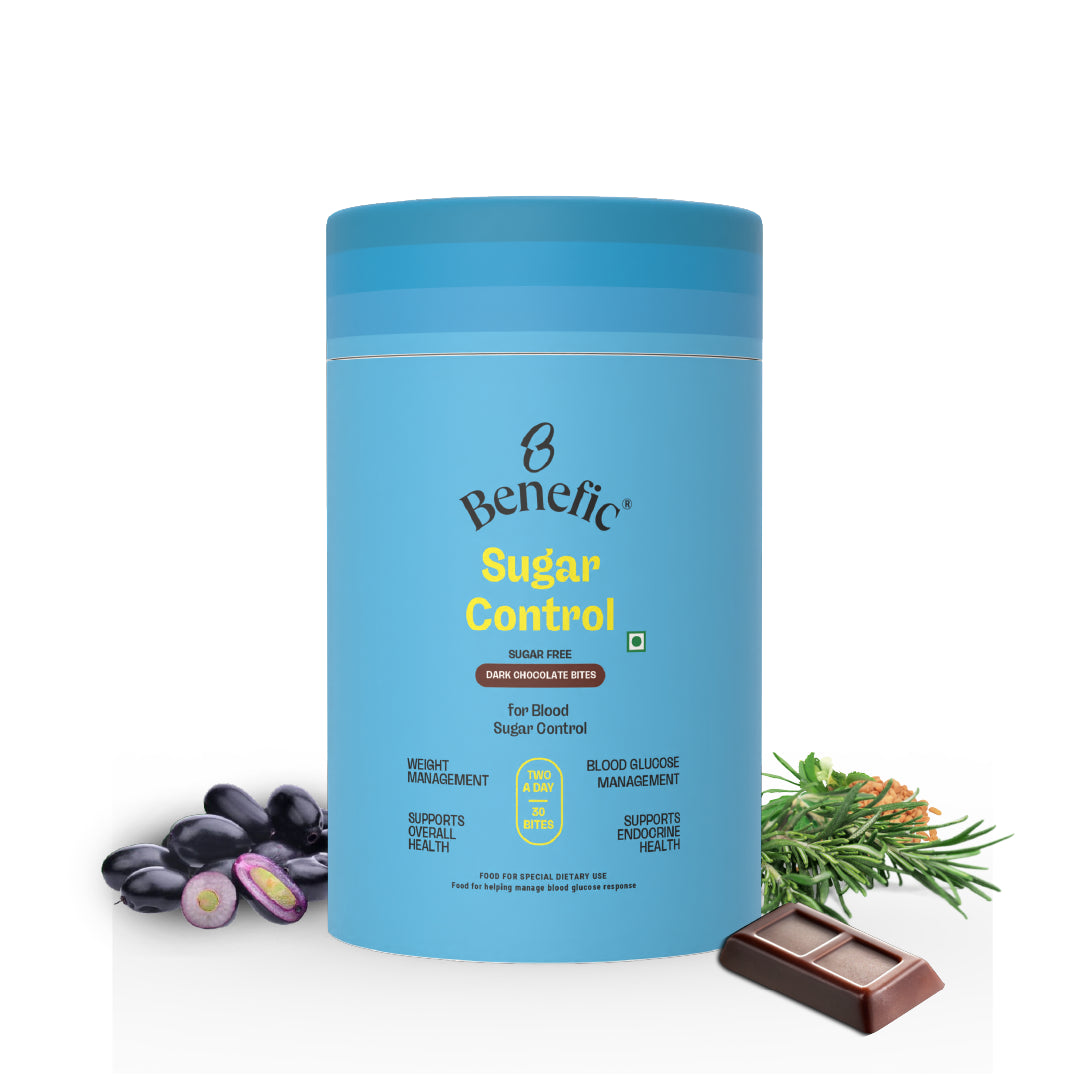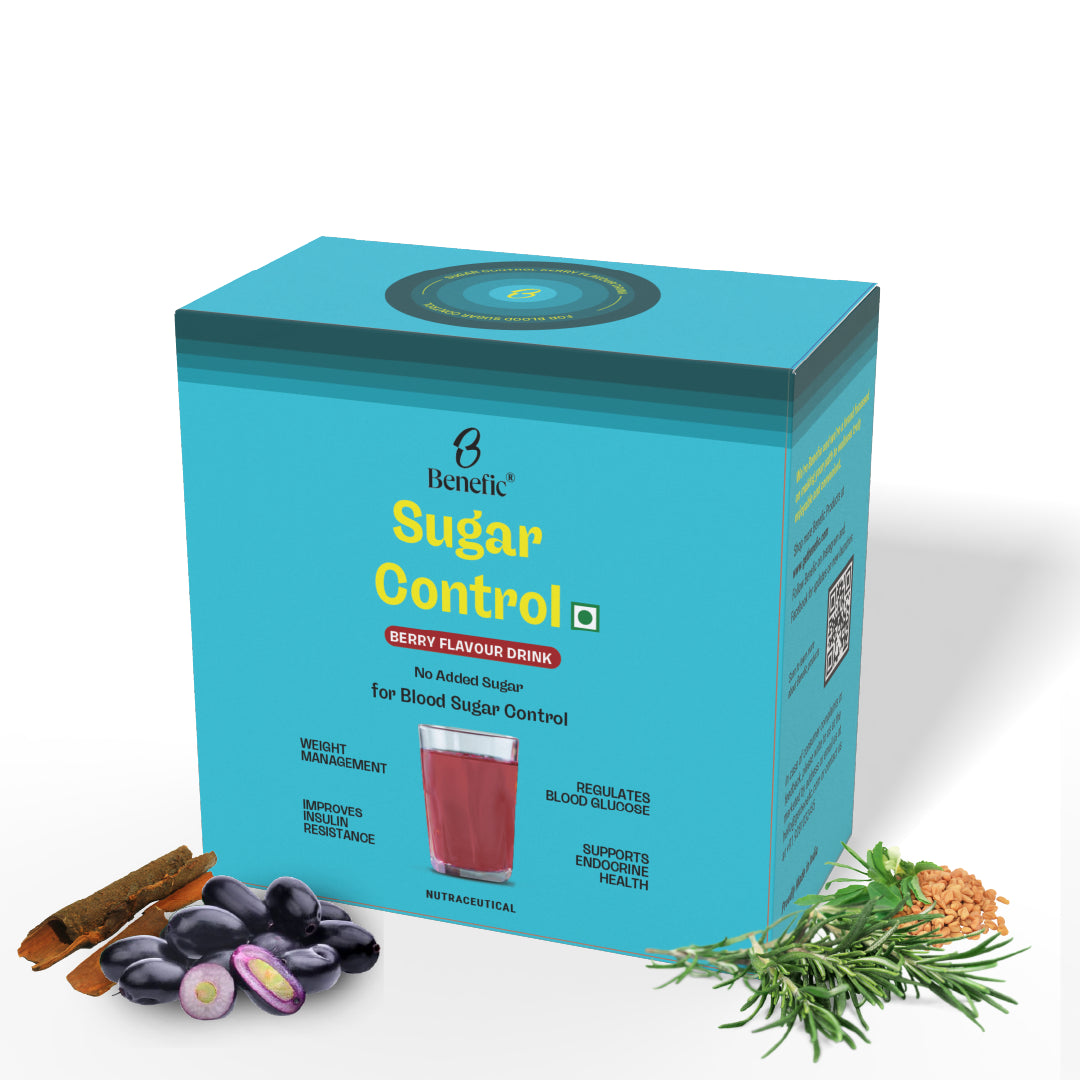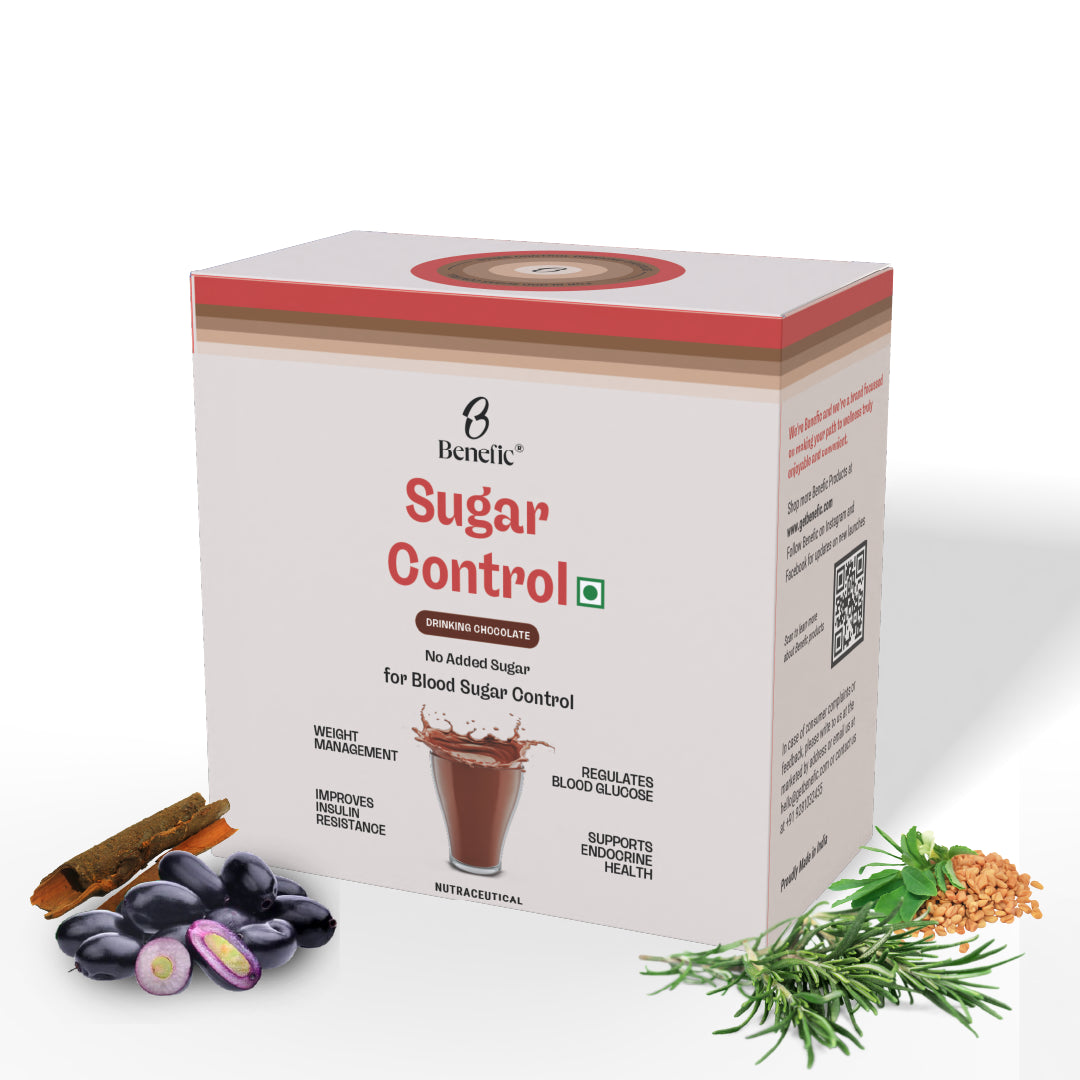Fats are essential for humans to derive energy, absorb fat-soluble vitamins and some minerals, build cell membranes and sheaths around nerves, move muscles, and clot clotting blood. Fats in a meal also give a sense of fullness as our bodies process fats and proteins more slowly than carbohydrates.
Women above 30 should consume around five teaspoons per day, while men of the same age should aim for six teaspoons per day. Using fats or oils for cooking is a smart way to consume them.
However, several dieticians urge us to banish fats as excess fats can cause obesity and block blood vessels. But banning fats from diets does not make us healthier, as we are cutting back on both healthy and harmful fats.
What are healthy and harmful fats?
Healthy fats include polyunsaturated and monounsaturated fats that mainly come from seeds, fish, nuts and vegetables. Trans fats are bad for health and come primarily from hydrogenation, making healthy oils into solids to avoid rancidification. While saturated fats are derived from red meat, milk and milk products, and coconuts come somewhere between good and bad.
Why does choosing the right cooking oils matter?
When heated, cooking oils reach the smoke point and become unstable to break down or oxidise to release free radicals. Free radicals can damage cells and can cause diseases. Moreover, after reaching a smoke point, cooking oils release acrolein, which gives out unpleasant burnt flavour and damages the lungs when inhaled. Therefore, choosing the right cooking oils is very important.
What are refined and unrefined oils?
Refined oils are the oils that are extracted using chemical solvents. They tend to be cheaper, clear in appearance and have higher smoke points. On the other hand, unrefined oils are extracted by pressing seeds or plants directly with minimal processing. They tend to be cloudier due to sediments, have natural colour and flavours, and lower smoke points. Unrefined oils are more nutritious and devoid of chemicals. Health-conscious people prefer cold-pressed or unrefined oils.
Are seed or vegetable oils a healthy option for cooking?
Vegetable oil consumption has only increased in the past century as they are considered "heart-healthy", unlike fats from animals like butter, tallow or lard. Vegetable oils are considered healthy as they have polyunsaturated fatty acids, which are associated with a lower risk of cardiac problems.
However, some experts consider vegetable oils could contain high amounts of omega 6 fatty acids than omega 3 fatty acids, which is linked to chronic inflammation. But, researchers did not find any causal relationship between omega-6 fats and inflammation, and several studies did not reveal the relationship entirely.
But to be on the safe side, you can consider avoid using soybean oil, corn oil, rice bran oil, peanut oil, cottonseed oil which are high in omega 6 fats.
Following are the top 5 healthy edible oils that can be used for cooking:
1. Olive oil
Olive oil is made by pressing olives and separating the oil from the pulp. It is the healthiest oil due to monounsaturated fatty acids, vitamins, antioxidants, micronutrients, and polyphenols. It has a grassy or peppery flavour, which makes it a good option for cooking and dressing for salads or pasta and bread. Its smoke point is 176°C which is suitable for many recipes.
Virgin olive oil is an oil extracted without chemical processing, and extra-virgin oil is of the highest grade with large amounts of nutrients. However, beware of fake "extra virgin" olive oils which do not meet the criteria.
Olive oil has many health benefits, including preventing obesity, heart issues, type 2 diabetes, and avoiding oxidising bad cholesterol.
2. Avocado oil
Avocado oil is extracted from the pulp of avocados. It's nutritional value is almost similar to olive oil and has a neutral taste making it a good option for baking. It contains high amounts of heart-healthy oleic acid. Its smoke point is 271°C, making it suitable even for deep frying.
Avocado oil could help lower blood pressure, triglycerides, and bad cholesterol. It may also help lower joint pain by reducing inflammation, enhancing the absorption of key nutrients, and protecting the body from free radical damage.
3. Sesame oil
Sesame oil is extracted from sesame seeds, dubbed "queen of oilseeds". It has a nutty flavour and contains antioxidants that have neuroprotective effects. It has a smoke point of 210°C, so it works for general-purpose cooking, salad dressing, and sauteing.
Several studies have shown that sesame oil has strong anti-inflammatory properties and is good for heart health, controlling blood sugars, and arthritis.
4. Canola oil
Canola oil is extracted mainly from the seeds of the rapeseed plant. It has a high smoke point (204°C), light flavour, and smooth texture, making it a versatile oil for cooking, dressing, baking, and stir-frying.
It is high in omega-3 fats and monounsaturated fatty acids, phytosterols that help lower cholesterol absorption. It is also good for the heart, reducing blood pressure, inflammation, and cholesterol.
It has low amounts of saturated fats, high amounts of monounsaturated fats and remarkable amounts of polyunsaturated fats making it a healthy option for cooking. However, it contains high omega-6 fats than omega-3 fats, which may cause an imbalance in their ratio. Also, canola oil extraction involves many chemicals; hence, cold-pressed and unrefined canola oil is a better option.
5. Sunflower oil
Sunflower oil is extracted from the seeds of sunflowers. Its smoking point is 232°C and is often used for high-heat cooking. Sunflowers are bred to produce different fat compositions, and sunflower oils with higher oleic acids are good for health.
Research suggests that high oleic sunflower oil lowers bad cholesterol and triglycerides and increases good cholesterol. It contains vitamin E, which is good for ageing. Additionally, sunflower oils are good for deep frying as they release less toxic compounds when heated. However, reheating the same oil at higher temperatures could make it toxic when consumed in higher quantities.
Bottom line
Dietary fats are not completely bad for human health, and consuming them as cooking oils is a smart way of taking them. Unrefined or cold-pressed oils are better options than refined oils.
Cooking oils can release toxic substances when heated beyond their smoke point; hence, selecting oils with high smoke points is necessary. Olive oil, avocado oil, sesame oil, canola oil and sunflower oil are better edible oils as per their smoke points, nutritional, and health values.










